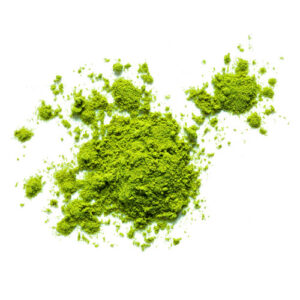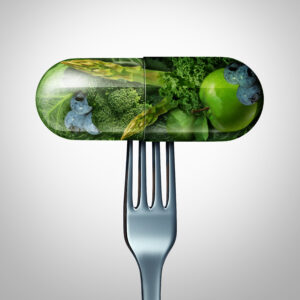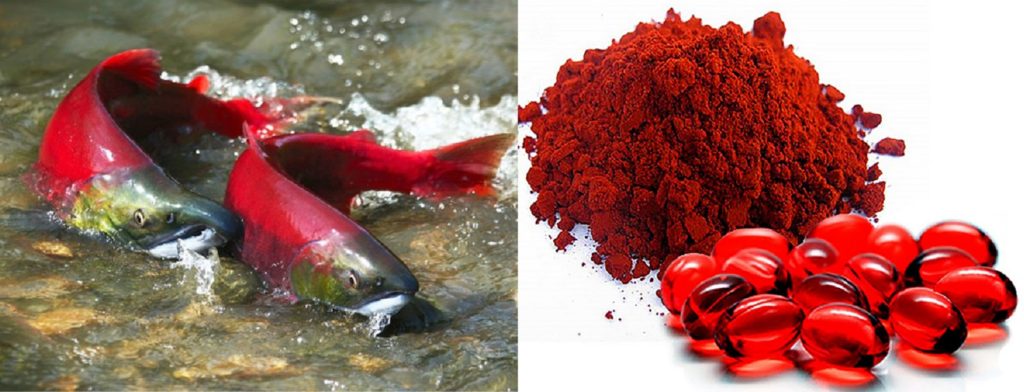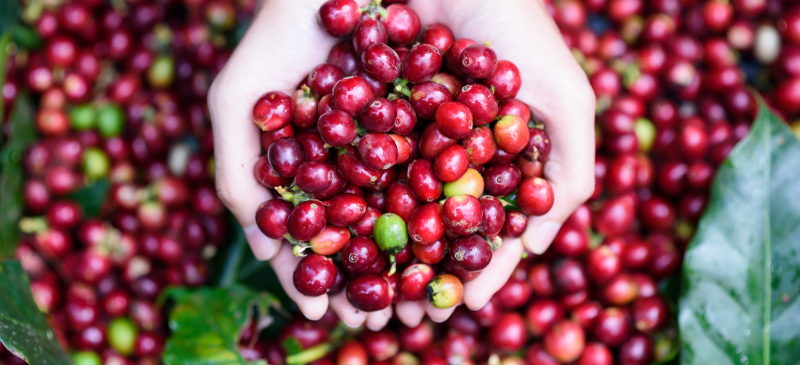What’s ‘noo’ in nootropics?
Well first: what’s NOT new: Pharmaceutical ingredients masquerading as nootropic supplements. A February 2019 Warning Letter from FDA to Pure Nootropics LLC regarding disease claims for legitimate supplements, along with drugs sold as supplements (like piracetam and its analogs) was followed by a polite closeout letter in June of that year, failing to mention whether said ingredients are actually dietary ingredients. The takeaway? Unapproved drugs are regulated just like all the legal dietary ingredients, as long as you don’t claim it prevents or cures disease.
What a missed opportunity to draw the line between dietary ingredient — and totally not one! Now, the deluge of -racetams and analogs of unapproved drugs continues. Because after aniracetam comes johnnyracetam and billyracetam, according to our historically accurate crystal ball. So much for the well-regulated vitamin militia.
Luckily, there’s a lot of safe and natural ingredients in food that boost brain power. Choline, the building block of neurotransmitters now no longer “conditionally” essential, but fully essential at a recommended amount of 550mg per day. Choline is the place where nootropics and nutrition meet. Recent work has shown that phospholipid-bound choline from food sources like egg absorb around 4 times better than choline bitartrate salt. Maybe no surprise, since the egg came first — but the chicken is crossing the road too. Recently, hydrolyzed chicken essence peptides improved memory in people with stress.
Evolving science is starting to consider effective combinations of antioxidants to improve brain function. As we know, the brain burns hot with energy, at the expense of a lot of waste byproducts – a lot of oxidative stress. So we could look at ingredients like astaxanthin, the super-powered antioxidant from the deep sea, as a kind of base ingredient from which to expand. Conventional wisdom, enabled by improved clinical methods, suggests that combinations of ingredients can be helpful to exert an effect on the brain beyond simply “antioxidant activity”. Cerebral blood flow, brain waves and validated clinical instruments for cognitive function lead the way, so we can drill down more precisely on nootropics’ effects on the brain.
Recently, we have studies on astaxanthin and tocotrienols or sesamin shown to improve cognitive function and perform complex tasks quickly and efficiently. And in 2020, a polyphenol-rich beverage with apple polyphenols, ginseng and coffee berry extract improved cognition, mood and cerebral blood flow in a randomized controlled human trial. I’m looking for new product launches inspired by the science on studied combinations to provide synergistic mental gains, compared to any one ingredient alone. That means more finished product marketers need to invest in studies on their products.
Dietary flavanols, like those from cocoa, are being increasingly studied for the brain. Like with many supplements, clinical results from cocoa flavanols on the brain have been mixed. But we know one of the reasons why – because results are confounded by scientific and practical limitations of clinical measurements and study design. For example, if all your study has is a ruler marked to the nearest inch, then you can’t use the ruler to measure millimeters — or time, for that matter. In a new study, researchers found that the cognitive benefits of cocoa flavanols — likely due to increased blood flow to the brain — occurs mainly in people who have inadequate blood oxygenation to start with. Clinical trialists are starting to understand that every human is different, and that to avoid another null or confusing result, they need to more carefully select the trial subjects who are most likely to benefit from a nutritional intervention.
Science is also investigating alternatives to caffeine. While we love our morning joe, chock full o’ xanthine alkaloids, we also can’t escape the jitters, cortisol spike and crash that comes with the daily mainline. The emergence of low- and no-caffeine products to boost brain power are likely to deliver on benefits where caffeine cannot – more sustained energy, less stress, better sleep and recovery, no habituation, and a refreshing start to the next day. So that in the future, maybe we’ll prefer to wake up to a triple shot of green oat espresso.
Speaking of refreshing starts, it’s well established that sleep quality is directly correlated with next-day mental and physical performance. So it makes sense that supplements that truly improve sleep and stress levels are likely to improve brain power as well. A low-sugar drink with tart cherry, protein, valerian and L-theanine improved some markers of sleep without detrimental effects the next day. I’m looking for more products that you consume today, to be more productive and healthy, and less stressed tomorrow.
Many traditional remedies used for relaxation have been studied for improved cognitive function. Essential oils, once the black sheep of evidence-based health, are getting a new look. Lamiaceae, the marvelous mint family of botanicals that includes lavender, rosemary, lemon balm and sage, is being tapped to induce relaxation and improve mental function. Recently, a small, 100 microliter oral dose of peppermint oil rich in menthol and menthone improved information processing and lowered mental fatigue in demanding cognitive tasks. Combinations of other botanicals from this family are also being studied for improved cognitive function.
And finally, the 2021 award for most-overlooked-but-recently-studied nootropic ingredient is…. Plain old water. It makes up 73% of your brain. It’s cheap. Safe. And it is unquestionably not a drug in disguise. In recent studies, water improved memory in kids. In another study in young adults, a small amount of water (200 mL) was enough to improve mood and fatigue, but only the higher dose of water (500 mL) improved working memory.
So when it comes to nootropics, maybe it’s time to throw away the billyracetam, and enjoy a cool drink of H2O instead.

When Modern Science Collides with Ayurveda
What do traditional Ayurveda and modern science have in common — other than repeated testing of hypotheses, and communication of evidence? Answer: They both warrant

The Bad Supplements List: Failed and Prohibited Products and Brands
The Bad Supplements List: Failed and Prohibited Products and Brands. The Bad Supplements List documents and reviews clear and reliable evidence, using publicly available information on testing and enforcement activities on U.S. dietary supplement brands and products.

What’s next.. vitamin gobstoppers?
I remember the time I was called to an all-hands product development call regarding an amazing new technology. The crack team of young marketing whizzes

Smart Extracts for Smarter Supplements
The brain bone is connected to the hip bone — and just about everything else in our body. So when we think about antioxidant-rich botanicals

Dietary Supplements Prohibited by Amazon.com
The following list of supplements are banned for sale by Amazon as of April 18, 2023. This list did not provide business owner names or

New Research and Opportunities in Weight Management
Untold tens of thousands of published scientific studies reveal ways to maintain a healthy body weight. Most weight management studies published in the past 20




Sorry, the comment form is closed at this time.